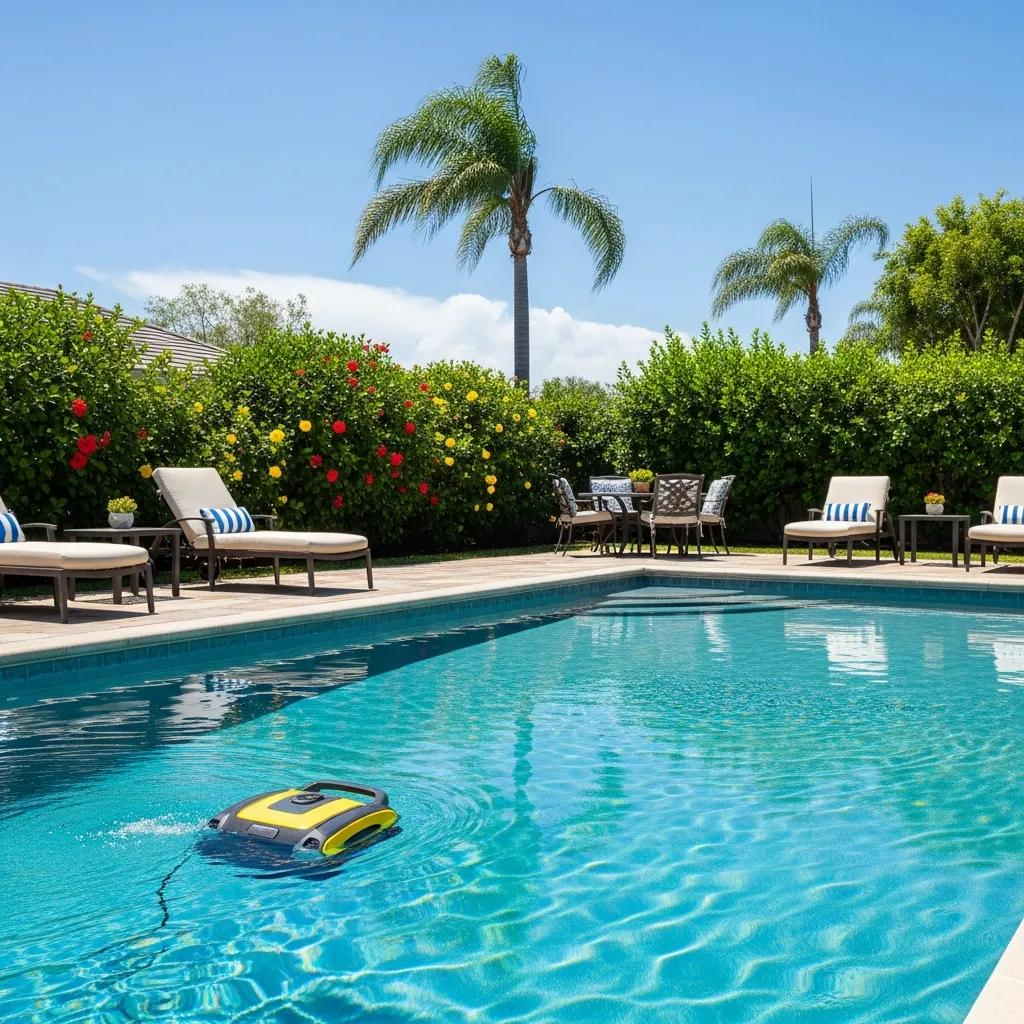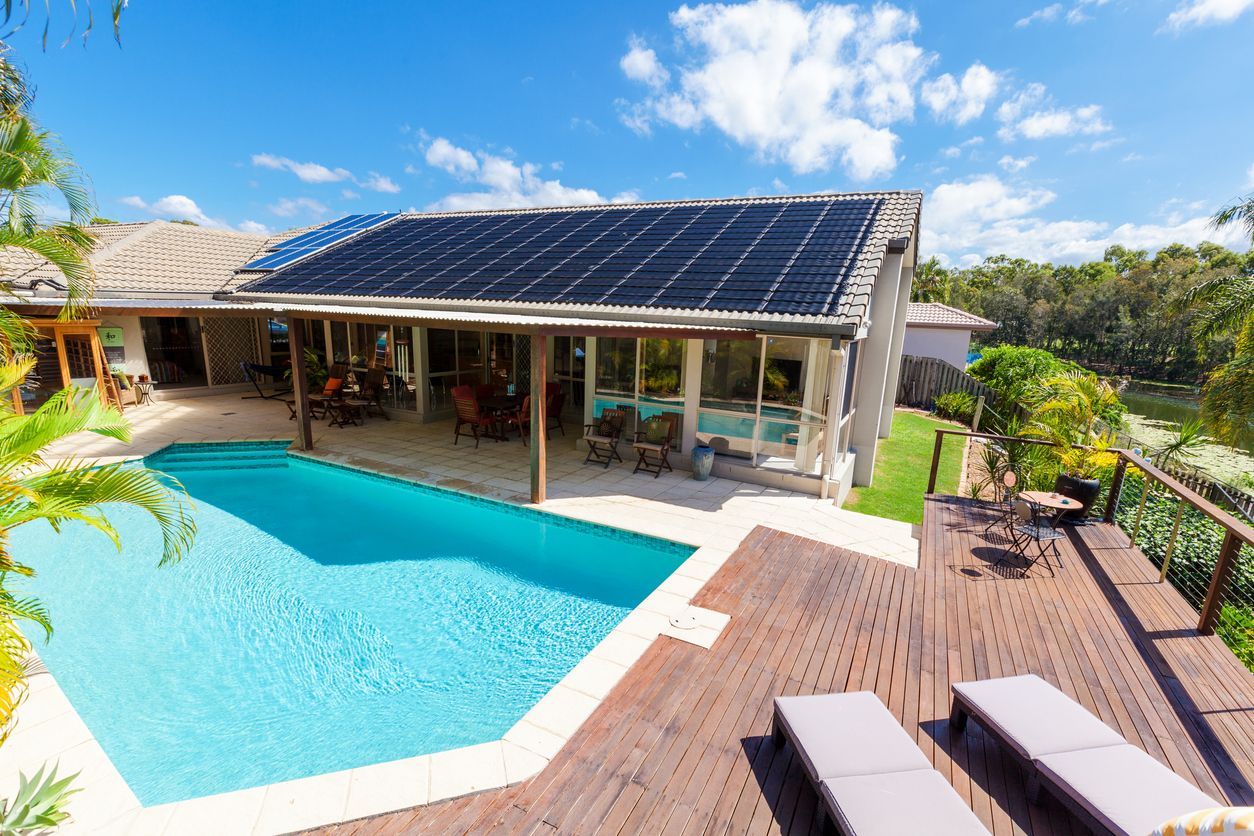
Opening your pool after several months of downtime isn’t as simple as taking off the cover and jumping in. Without the right checks, you could run into problems like imbalanced water, reduced circulation, or equipment not kicking on when it should. For homeowners in Cape Coral, prepping your pool the right way before diving into regular use can help avoid costly mid-season issues. One of the most common mistakes people make is skipping equipment checks or assuming things will run the same as last year.
Changes in weather, debris buildup, or even simple wear and tear can cause components to fail without obvious signs at first. Pumps may not prime correctly, filters can lose performance, and water levels might drop too low to run systems safely. Taking a few extra steps upfront ensures your setup is working smoothly, the water stays clean, and your summer goes uninterrupted. It saves time, money, and stress—especially when temperatures rise and you want everything ready to go.
Start With The Pool Cover and Water Level
Before doing any cleaning or turning on equipment, check the condition of your pool cover. Leaving a dirty or damaged cover on too long can lead to contamination, which sets back your water quality right from the start. Begin by carefully removing debris from the top using a leaf blower or soft broom so nothing ends up in the pool when you take the cover off. Once the surface is clear, remove the cover fully and let it dry out before folding and storing it. A damp, crumpled cover can attract mold or mildew and shorten its lifespan.
After removing the cover, take a close look at the water level. Water naturally evaporates during downtime, especially with temperature swings or cover gaps. If the water is lower than halfway up the skimmer, it will need to be topped up before you run the filtration system. Running your pump while the water is too low can cause damage from air entering the lines.
Here are a few simple checks to complete after removing the cover:
1. Rinse and dry the cover before storage.
2. Inspect for any visible mold, cracks, or past waterline stains.
3. Confirm the water reaches at least halfway up the skimmer opening.
4. Scoop out any floating debris before starting the system.
These early steps might seem minor, but skipping them can create bigger problems later. A clean removal process and proper water level help every other system in your pool function the way it should from the first day of use.
Inspect Your Pump and Filter System
Once the water level is in range, look over your pump and filter system. This setup carries a lot of the workload for your pool, so it’s worth taking time to be sure everything runs properly before you start. Begin with a visual check. Look for cracks around the pump housing, worn gaskets, or loose connections. Flip the breaker and briefly run the system to check for unusual sounds or weak flow.
Pay close attention to your filter. Whether your setup uses a cartridge, sand, or DE system, the filter will need to be cleaned and examined. A worn-out or clogged cartridge can prevent proper circulation, making your pool harder to manage all season. If the pressure gauge stays high after a cleaning or your water still looks cloudy, it may be time to replace the filter altogether.
Some pool owners in Cape Coral have opened their pools only to have the pump shut down due to overheating. In one case, buildup inside the filter housing limited water flow, forcing the pump to work harder. A quick inspection and timely replacement saved the rest of the system from further wear.
Let our technicians evaluate any equipment that looks worn or isn’t performing how it should. They can professionally assess whether a repair or replacement is needed to get your pool up and running safely. Ignoring early warning signs leads to faster breakdowns and often a bigger bill.
Check Water Chemistry and Heater Function
Getting your water chemistry right at the start of the season keeps everything running smoother and safer for longer. If chemicals are too low or too high, it can damage surfaces, irritate skin, and corrode metal components. Before using the pool, test for pH, alkali levels, chlorine or sanitizer levels, and calcium hardness. These values need to fall within certain ranges to avoid scale, staining, or cloudy water. Most pool owners in Cape Coral notice that hard water and warm outdoor temperatures can throw off the balance faster than expected.
If your pool has an automatic chlorinator or salt system, inspect for buildup and check that the system powers on correctly. For those with manual dosing, make sure chemicals are not expired or clumped from moisture. Once initial testing is done and corrections are applied, let the system circulate for several hours and re-test. That confirms whether adjustments hold steady under flow.
Then there’s the pool heater. In late summer, it may not get used often, but if you plan evening swims or want better temperature control, you’ll want it working properly. Before firing it up:
1. Remove any nests, webs, or debris near the unit.
2. Open all valves to allow water and gas flow.
3. Inspect wiring for wear or critter damage.
4. Power the unit and listen for strange noises or error codes.
If you notice delayed ignition, inconsistent heat, or water that doesn’t stay warm, bring in our technicians. Heater malfunctions can point to internal corrosion, scale buildup, or faulty sensors that shouldn’t be ignored. A cold or lukewarm pool can take the fun out of warm-weather swims quickly—better to catch that early.
Clean Surfaces and Inspect Accessories
Once your systems are running well and your water is balanced, give special attention to cleaning surfaces and fixtures inside the pool. Even if the water looks clear, walls and floors may have developed grime, algae spots, or leftover residue from the offseason. Use a pool brush to loosen buildup from tile lines and floor seams. A handheld vacuum or automatic cleaner makes the process faster and more thorough when paired with steady circulation.
Pool accessories like ladders, light fixtures, and skimmer baskets also need a close look. If any of this equipment feels loose, rusted, or cracked, replace it before allowing guests or family in the pool. Faulty gear can turn a simple swim into an injury risk. Pay extra attention to underwater lights and their seals. Water leaks behind lenses can damage internal wiring and affect safety.
Here’s a quick list of key accessories and features to check:
1. Tighten ladder bolts and look for loose rungs
2. Rinse out skimmer baskets and remove lodged debris
3. Check pool light lenses for moisture or clouding
4. Look at spa jets or bubblers for stale water or obstruction
5. Inspect pool return inlets and eyeball fittings
It’s easy to ignore these parts until one goes bad. Taking preventive steps now reduces the chance of system strain or delays during prime swimming weeks.
Get Ready For A Trouble-Free Pool Season In Cape Coral
When each part of your pool system is inspected and working as it should, the rest of the season tends to go more smoothly. You won’t have to fight cloudy water every week, chase sudden equipment problems, or shut down swimming time to wait on repairs. It also gives you peace of mind knowing your pool is safe and enjoyable for everyone using it.
Regular maintenance in Cape Coral’s summer conditions matters. Warmer temperatures put demand on your filtration system, and neglecting early season checks is a common reason for mid-summer breakdowns. Whether it’s a worn cartridge, an off-balance heater, or overlooked water chemistry, these small details can add up. Being thorough now avoids slower circulation, murky water, or damage that shortens the life of your pool systems.
A full inspection before anyone takes their first swim is worth the time. Cape Coral pool owners who keep up with early cleaning, equipment checks, and water balance tend to get more out of their investment. You want fewer surprises and more time to actually enjoy your pool—and it starts with a solid first look before the season kicks off.
Ensure your pool system is protected and ready for next season by taking the right steps toward pool opening in Cape Coral. Seemore Services, LLC is here to support you with reliable solutions for a smooth start to swimming season. For a quick estimate or to book a service visit, please contact us today.
Customer Testimonials

.png)
Pool Winterization Guide for Southwest Florida














